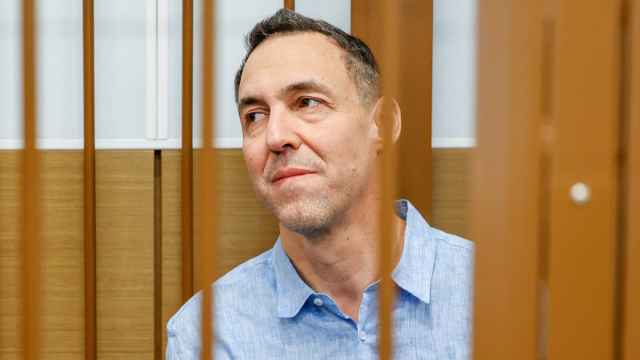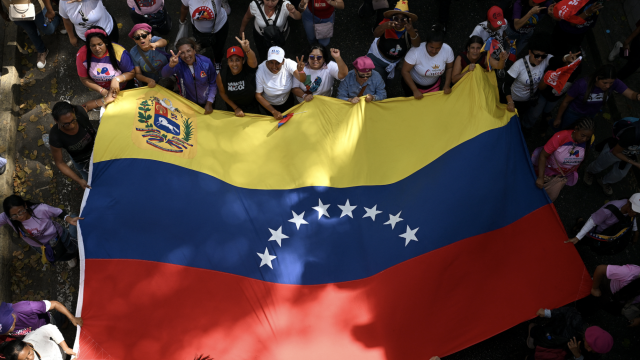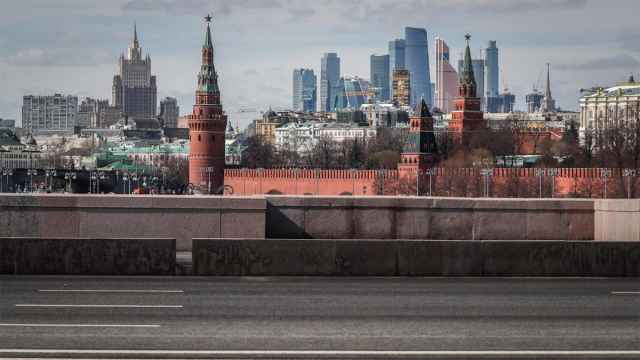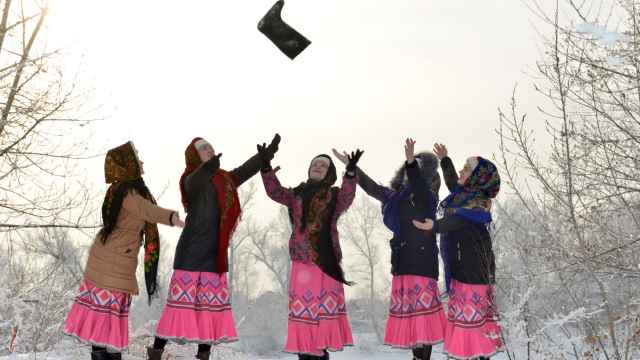Russia is likely to issue a further 100 million tons of carbon credits by the end of 2012 after completing its inaugural tender this year, the chief of Standard & Poor's carbon markets said in an interview.
Although Russia has the potential to issue 230 million tons in the next two years, bureaucratic hurdles and other factors will keep the volume far below this figure, he said.
"The more realistic expectation is 100 million tons by the end of 2012," Michael Wilkins, S&P's managing director for carbon markets told Reuters in an interview Thursday.
"After 2012, in the Phase 2 of Kyoto, the expectation is around 100 million tons per year, so we are going to potentially see a ramp-up after 2012," Wilkins said.
Russia, the world's third largest polluter after the United States and China, is a latecomer to emissions trading, which has been used in the European Union and other Western nations for several years.
However, Russia has great potential in the carbon market because the modernization of Soviet-era plants sharply reduces carbon dioxide emissions, making Russian companies eligible for sizable credits.
State-run Sberbank, which organized the nation's initial round of tenders, in July approved 15 projects that could earn close to 40 million tons of Kyoto Protocol carbon credits.
These projects still await approval by a separate United Nations body, a process that Wilkins said usually takes about 45 days. It has been held up by a dispute over Russia's payment of UN fees.
Wilkins said that while he was confident Russia's role in the carbon market will grow, there are concerns about the transparency of Sberbank's selection process.
"A lot of the projects that have been approved are related to state-owned companies," Wilkins said. "There are very few, if any, renewable energy projects. Most of [the approved projects] are in the oil and gas sector, and you could say that a lot of the approval process appears somewhat political," he said.
A list provided by the Point Carbon consultancy showed that, of the initial 15 projects to receive Sberbank approval, six were from the oil and gas sector while three were from the power sector.
Wilkins also said the uncertainty surrounding the carbon market after the initial phase of the Kyoto agreement expires at the end of 2012 is a concern ― though a follow-on agreement is likely.
"That risk is something that most investors are now starting to manage by having clauses in their contracts to give them the option to withdraw if there is a change in the rules," Wilkins said.
Foreign companies enter into joint implementation projects since they provide access to carbon credits at a considerable discount to market rates.
Wilkins estimated that companies can save about 3 euros to 4 euros ($4 to $5.40) per emission reduction unit by implementing carbon reduction projects with Russian companies. "You can get quite good deals," Wilkins said. "You can actually buy your credits at quite a big discount ― but at the same time you take the risk of nondelivery."
Wilkins predicted that Japanese companies, as well Western European firms from the utility, steel, cement and oil refining sectors, are likely to become the main partners for Russian firms as its carbon market develops.
In July, Sberbank carbon chief Vsevolod Gavrilov told Reuters that his bank has already signed a memorandum of understanding with Japan's Sumitomo Corp. to work together on carbon trading and that it expected to sign similar agreements with Western banks.
A Message from The Moscow Times:
Dear readers,
We are facing unprecedented challenges. Russia's Prosecutor General's Office has designated The Moscow Times as an "undesirable" organization, criminalizing our work and putting our staff at risk of prosecution. This follows our earlier unjust labeling as a "foreign agent."
These actions are direct attempts to silence independent journalism in Russia. The authorities claim our work "discredits the decisions of the Russian leadership." We see things differently: we strive to provide accurate, unbiased reporting on Russia.
We, the journalists of The Moscow Times, refuse to be silenced. But to continue our work, we need your help.
Your support, no matter how small, makes a world of difference. If you can, please support us monthly starting from just $2. It's quick to set up, and every contribution makes a significant impact.
By supporting The Moscow Times, you're defending open, independent journalism in the face of repression. Thank you for standing with us.
Remind me later.





